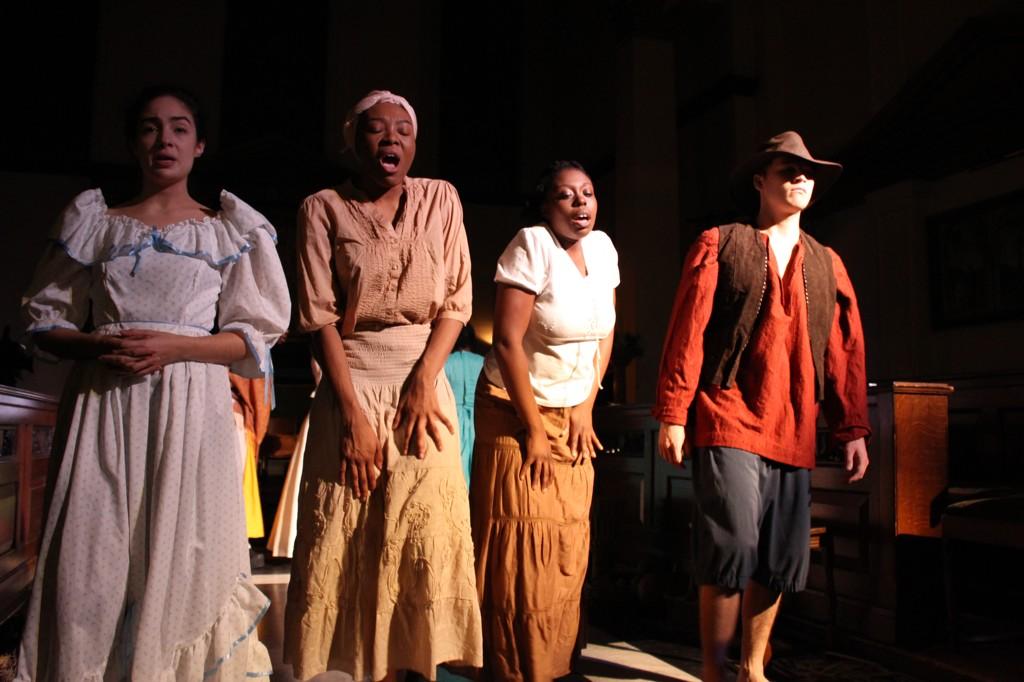I grew up in a modest home.
The shadowed rooms with heavily curtained doors led from front to back, glossy
stone floors changing colours at every doorway as if to mark each boundary, each
space opening into another, more private one.
Strangers that came through the red metal gate were hosted on a pillared
porch that overlooked the garden.
Acquaintances were let past the front door draped in dull burgundy into a
drawing room lined with stiff sofas. Friends made it further, past veiled
doorways into smaller, more personal chambers.
Only the closest of friends and family made it to the inner sanctum of a
small dining room that opened to the walled-in back garden. You see, the house itself was built for
modesty, its inner spaces turning increasingly private, secret, feminine and
familial with each hushed passageway.
In turn the house taught us modesty, to cover and control
wayward limbs, to speak softly and ‘enunciate,’ to not make a fuss or demand
attention. And the house insisted on a
language that had to be spoken gracefully and formally. As children, we were
even reprimanded in the formal. Such was
the propriety demanded by my home, that to this day, I cannot swear in my first
language, first because we never learned the profanities, and second because my
tongue refuses to twist around the coarse Hindi words I have learned as an
adult.
And yet I knew from a very young age that I wanted to create
stories, to write even if I never imagined a state of ‘being a writer.’ Even as a child, learning to negotiate the
veiled doorways of my home, I knew that writing, like speaking loudly, was an
immodest act. Writing insists on not
only speaking up, but speaking of things that many find shocking, horrific, and
even taboo. Writing demands the absolute
opposite of propriety, insisting on deep passions and wild, violent expression. In a house given to veils, physical, social
and metaphorical, writing was not only the ultimate transgression, but much
akin to playing with a giant blazing bonfire that may bring down the entire
edifice.
After all, captive tongues are discreet, only wayward limbs
are capable of revolutions, and modesty strangles all expression. And a
language that binds cannot liberate.
Perhaps this is why English seemed so alluring, full of
danger and promise. I had intuited its
pleasures before I learned to read, desiring the books that lined the higher
shelves of my home. I would rock-climb
the tall bookshelves, using the lower ones as footholds, clinging perilously to
the edges with sweat-slickened fingers to peer at the books in English that
were ‘only for grown-ups.’ Hardbound
classics and contemporary writing lined up like soldiers mingled with the riff-raff
of luridly bright paperbacks bought by my youthful uncles and aunts. When grown-ups read those books, their faces
glowed, their eyes grew shaded, slight colour rose to their cheeks at times,
and a sudden quickening breath would grab my attention. Even as a child, I intuited that English
books contained things we didn’t speak of in my home.
This is why I began school intent on learning English, determined
to prepare myself for the day when I would possess it fully. It was not an easy task, for the language not
only demanded that I learn its words, but also insisted that I reveal myself, slipping
off confining drapes, unwinding my limbs, loosening my tongue. But I did not go unrewarded for long. Soon
English began to reveal its own sinews and flesh, skin and bones, page by page,
word by arcane word. As my knowledge
grew, it also began to tease me to wilder pathways, to rebellions I could not
have imagined, to passions I would have not dared dream of.
Over the years, as my skirts climbed higher, and my voice
grew louder, I learned to enunciate a language that is not mine by birth, but
one that I have claimed for myself. Jealously, without reason, and without
doubt, like a lover I do not plan to relinquish. Over the years, this foreign, even enemy,
language has imbibed my dreams with passions dark and savage. It has pushed me
to transgressions that may not have burnt down my home but have set many
bridges afire. In English, I write of
lovers who betray, of war without honour, of all human frailties for which I
was never taught the words in Hindi.
Most importantly, on my tongue, English turns into an
enigmatic nautch-girl, sweet, seductive and dangerous. Yes, English is an immodest language, yet I
love her more for it.
This was first publishes in The Spanner in June 2014 (Issue 11).



